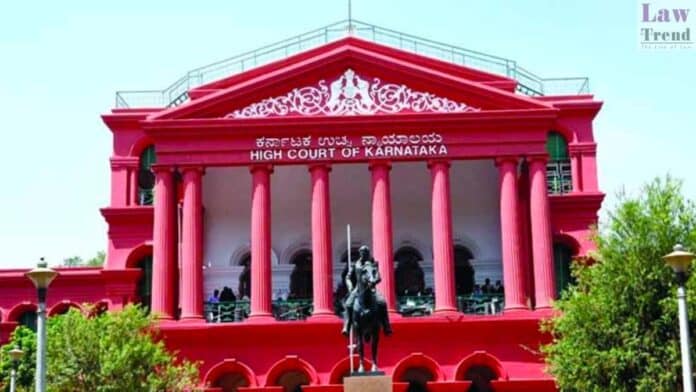In a major boost to the Enforcement Directorate’s crackdown on illegal betting and money laundering, the Karnataka High Court has upheld the arrest of Chitradurga district legislator KC Veerendra, popularly known as “Puppy”, under the Prevention of Money Laundering Act, 2002 (PMLA).
A single-judge bench dismissed a writ petition filed by Veerendra’s wife, RD Chaitra, which challenged the arrest as illegal, arbitrary, and violative of fundamental rights. The order was delivered on October 15, marking a crucial milestone in the ED’s probe into a sprawling betting network allegedly operated by the Congress MLA.
The ED’s investigation began after several FIRs alleging cheating through illegal online and offline betting platforms were registered. The probe zeroed in on platforms like King567, allegedly run by Veerendra and his associates, which reportedly generated several crores in illicit proceeds.
Investigators claim the proceeds of crime were laundered through shell companies and casinos spread across India, Sri Lanka, Nepal, and Dubai. Preliminary findings identified Veerendra as the alleged kingpin of this network.
He was arrested on August 23 in Gangtok, Sikkim, and was subsequently remanded to 15 days of ED custody by the PMLA special court. He continues to be in judicial custody as the probe expands.
In her petition, RD Chaitra argued that the arrest violated Section 19 of the PMLA, asserting that the FIRs against Veerendra had either been closed or compromised, except FIR No. 218/2022, which involved a Rs 30,000 dispute. She claimed the case was essentially civil in nature and did not directly implicate Veerendra in betting operations or payment gateways such as FonePaisa Payment Solutions Pvt Ltd.
The Additional Solicitor General (ASG), appearing for the ED, countered these claims by stating that the Rs 30,000 FIR was merely “the tip of the iceberg”. The agency argued that extensive material showed a much larger racket, justifying the arrest under Section 19 of the PMLA. Custodial interrogation, the ASG said, was essential to trace fund flows and foreign links.
The ED also clarified that under Section 2(1)(u) of the PMLA, proceeds of crime include not just property derived from the scheduled offence but also from connected criminal activities. Therefore, the illicit funds far exceeded the amount mentioned in the FIR.
The High Court upheld the ED’s arrest, observing that the predicate offence requirement under the PMLA was satisfied, as investigations can continue until a closure report is judicially accepted.
The court reviewed the ED’s “reasons to believe” and the grounds for arrest, finding sufficient material linking Veerendra to illegal betting operations, cheating of individuals, and laundering of proceeds. It concluded that there were adequate grounds to sustain the arrest and dismissed the writ petition, while granting the petitioner liberty to seek bail.
The ED has already seized over ₹150 crore believed to be proceeds of crime, with further investigations underway to trace additional assets and offshore links.
The agency is working to dismantle the complex network of shell companies and foreign entities allegedly used to launder funds. The High Court’s ruling reinforces the ED’s powers in tackling high-profile money laundering cases, particularly those involving cyber fraud and betting, and sets a precedent for future PMLA proceedings.




